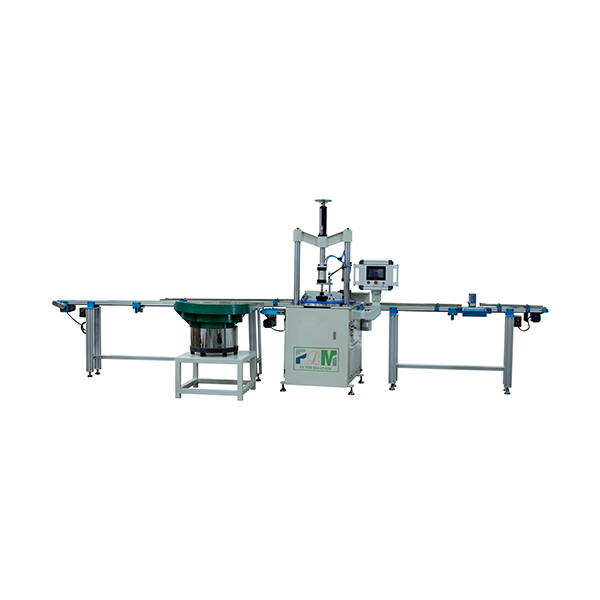Dec . 01, 2024 14:51 Back to list
Find Reliable Cloth Suppliers for Your Business Needs
The Importance of Choosing the Right Filter Cloth Supplier
In today’s industrial landscape, the role of filter cloths cannot be overstated. They are fundamental components in various processes that require filtration, separation, and dewatering, especially in industries such as wastewater treatment, mining, food and beverage, pharmaceuticals, and chemicals. When it comes to optimizing filtration systems, selecting the right filter cloth supplier is crucial. This article will explore the key factors to consider when choosing a filter cloth supplier and why it holds immense importance for your operations.
1. Quality of Products
The foremost consideration for any business is the quality of the products being procured. Filter cloths come in different materials such as polyester, nylon, and polypropylene, each offering distinct advantages based on the specific application. A reputable supplier will offer high-quality, durable cloths that are designed to withstand various conditions, including temperature fluctuations, chemical exposure, and mechanical stresses. It is imperative to check for certifications and standards that the supplier’s products comply with, ensuring they meet industry requirements.
2. Range of Options
Different applications require different types of filter cloths. A versatile supplier that offers a broad selection of filter media, including different weaves, weights, and coatings, can be a significant asset. Whether you need a specific micron rating to capture particular particles or a specialized cloth for a unique application, having access to a comprehensive product range can save time and effort in sourcing materials from multiple suppliers.
3. Customization Capabilities
Industries often face unique challenges that require tailored solutions. A supplier that provides customization options can create filter cloths that meet your specific requirements. This could entail adjustments in size, shape, or material composition, ensuring optimal performance in your filtration processes. Engaging a supplier capable of delivering customized solutions can enhance efficiency and productivity while addressing unique operational challenges.
filter cloth supplier

A knowledgeable supplier can serve as a valuable partner in your operations. Understanding the complexities of filtration processes and having the ability to recommend the right products is vital. A good supplier offers technical support and expertise, aiding you in making informed decisions. Whether it’s assisting in the design of filtration systems or providing maintenance tips for longer cloth life, strong customer support adds significant value.
5. Prompt Delivery and Logistics
Timeliness in delivery can greatly affect production schedules. A reliable filter cloth supplier understands the importance of meeting deadlines and supports clients with efficient logistics. Suppliers who can guarantee quick turnaround times help businesses prevent downtime in their operations due to material shortages.
6. Competitive Pricing
While quality should never be compromised, it is essential to obtain competitive pricing to ensure cost-effectiveness. Comparing prices from multiple suppliers can help in finding the best deals without sacrificing quality. A supplier who offers transparent pricing structures allows for better budgeting and financial planning in your operations.
7. Reputation and Reviews
Lastly, consider the supplier's reputation in the market. Researching customer reviews and testimonials can provide insight into their reliability, product quality, and customer service. Building a relationship with a well-regarded supplier can yield long-term benefits, including trust and consistency in quality.
In conclusion, the selection of a filter cloth supplier is a pivotal decision for any business involved in filtration processes. By focusing on quality, range, customization, support, logistics, pricing, and reputation, companies can choose a partner that not only meets their needs but also enhances their operational efficiency. A dedicated supplier can make a significant difference in the performance and reliability of filtration systems, ultimately contributing to the success of the company.
-
Active Carbon Air Filter for Air Purifier – Superior Odor & Allergen Removal
NewsJul.24,2025
-
High-Efficiency Active Carbon Air Filter for Air Purifier | Odor & Allergen Removal
NewsJul.23,2025
-
Active Carbon Air Filter for Air Purifier – High Efficiency Filtration Solution
NewsJul.22,2025
-
Durable Sintered Porous Metal Filter Tube Cup & Machines
NewsJul.22,2025
-
Effective Active Carbon Air Filter for Purifiers | Eliminate Odors
NewsJul.21,2025
-
PLJT-250-25 Full-auto Turntable Clipping Machine | Efficient Automation
NewsJul.20,2025
